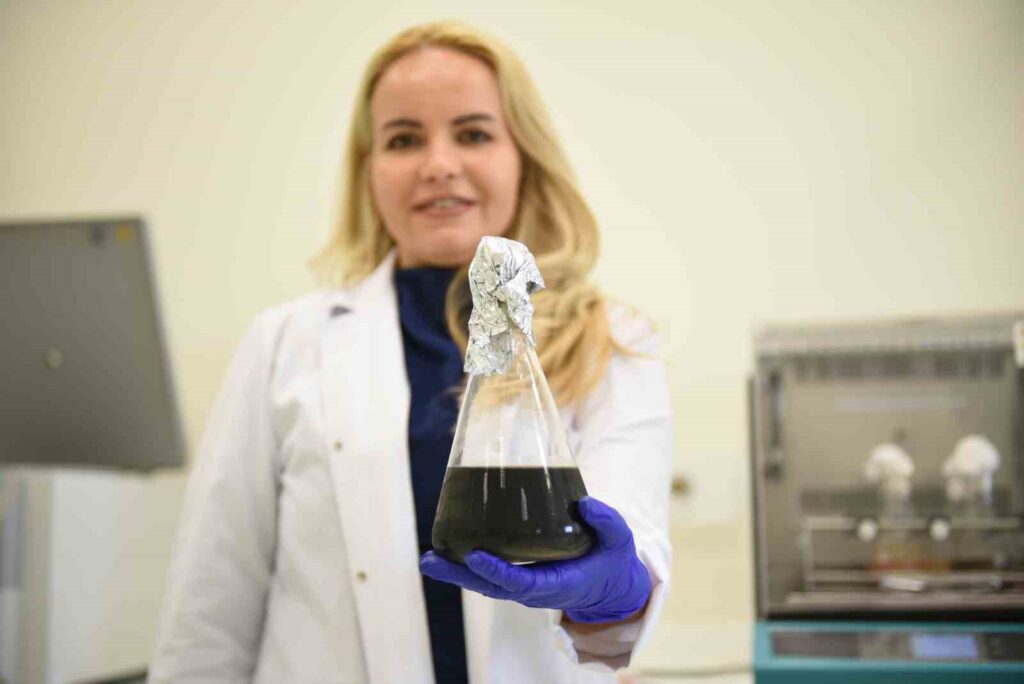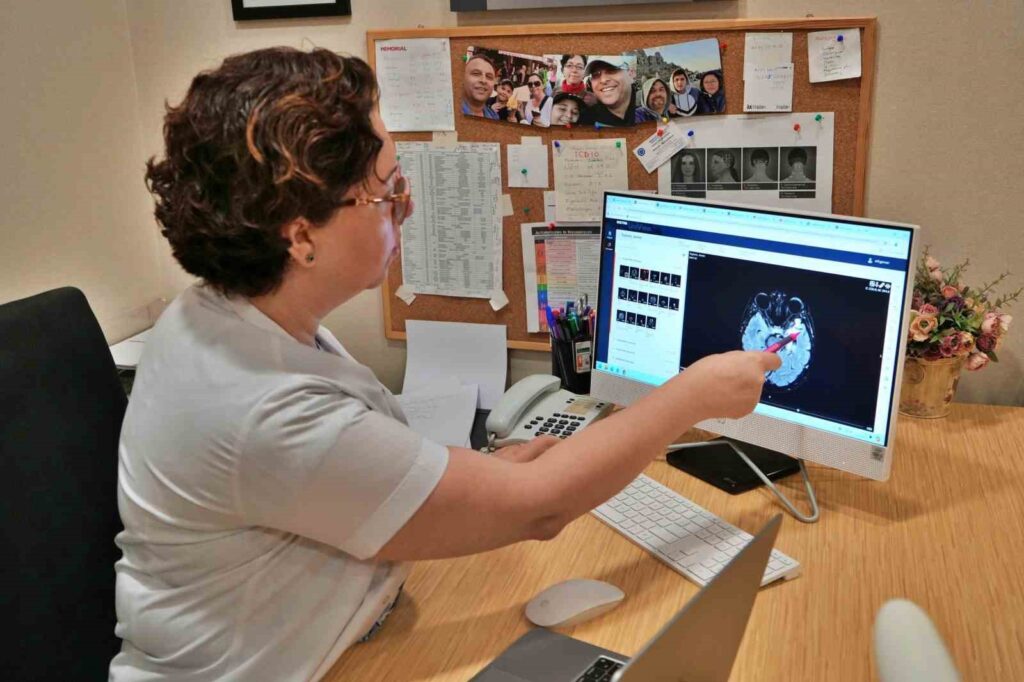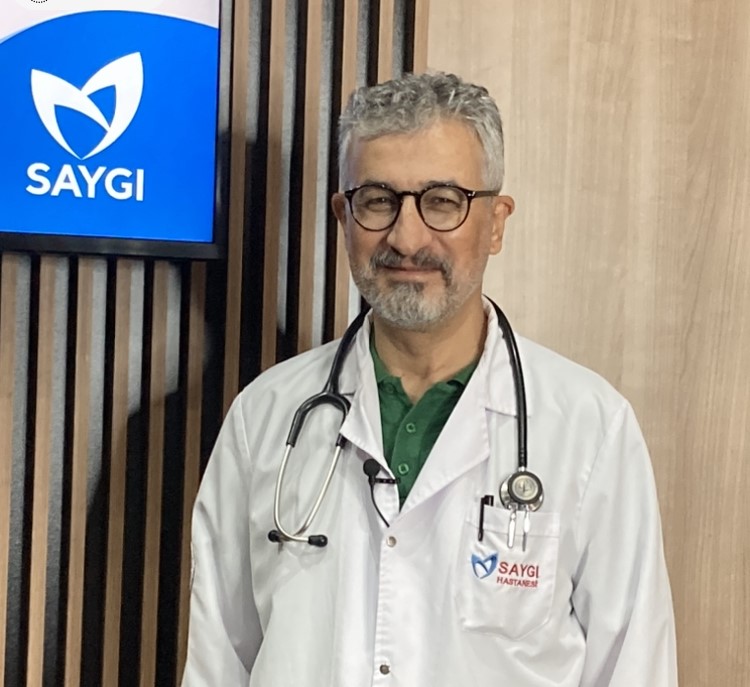Anti-cancer properties have been detected in carrots
In a project conducted at Hitit University, the anti-cancer properties of melanin compounds obtained from carrot peels on lung cells were determined. Dr. Gamze Nur Müjdeci, a faculty member at the Faculty of Engineering, emphasized the importance of natural and sustainable…

Within the scope of a project conducted at Hitit University, the anti-cancer properties of the melanin compound obtained from carrot peels on lung cells were determined.
Dr. Gamze Nur Müjdeci, a faculty member of the Engineering Faculty, initiated a study aimed at researching the properties of melanin that can be obtained from natural and sustainable sources. With the study carried out under the TÜBİTAK project, the anti-cancer properties of melanin obtained from carrot peels using the fermentation method were revealed on lung cells.
Dr. Müjdeci stated that the findings reached in the study have the potential to open new horizons in the fields of biotechnology and cancer treatment.
Emphasizing that the Çorum region and its surroundings have a high potential in terms of the food industry and agricultural waste, Müjdeci highlighted the importance of evaluating this waste from both environmental and economic perspectives.
Müjdeci conveyed that they started the study with this mindset, saying, “Among many waste materials tested, melanin obtained from carrot peels through fermentation serves as a striking example in terms of transforming these wastes into a valuable biotechnological product. Such applications contribute significantly to the circular economy by promoting the conversion of waste into high value-added products.”
Müjdeci noted that organic wastes categorized as garbage can be used as valuable raw materials through innovative approaches, stating: “The melanin we obtained from carrot peels exhibited significant anti-cancer properties on lung cells. These findings are promising for future cancer treatment methods and once again prove the importance of our production-oriented studies in the biotechnology laboratory. In addition to the anti-cancer properties of melanin, there are also potential use areas as a colorant in different industries such as cosmetics, food additives, and biomaterials production. This versatile compound has the capacity to offer innovative solutions across various sectors.”
Müjdeci explained that as Hitit University, they aim to contribute to the environment and public health through their scientific research and to produce sustainable solutions, adding that they will continue their work in the fields of fermentation technologies and biotechnology without slowing down.







